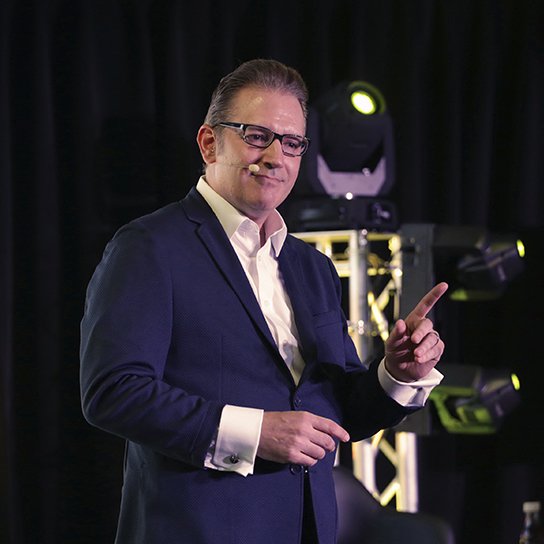Research has shown that a healthy, productive workforce begins with an empathetic leadership style. Leaders who are able to put themselves in their employees' shoes and understand their needs create a positive work environment where employees feel supported and appreciated.
In its annual U.S. Employee Benefit Trends Study 2021, “Redesigning the Employee Experience: Preparing the Workforce for a Transformed World,” MetLife identified the top three factors that will affect the workplace of the future.
- Employee wellbeing is predicted to have the greatest impact on the workplace of the future (74 percent),
- followed by the ability for employees to work remotely (71 percent), and
- employee mental health, stress, and burnout (70 percent).
Nearly three-quarters (72 percent) of employees rank work-life management benefits and programs among their top five desired benefits to improve wellbeing.
But improving workplace wellbeing requires more than just adding “workplace wellbeing initiatives.” In fact, if you don’t tackle a bigger issue first, those initiatives won’t have much of an impact at all.
What is that bigger issue? A lack of empathetic leadership, which results in most employees not feeling safe enough to share what’s really going on in their lives. So they won’t speak up when they truly need something. And that will be their loss and also yours.
A Lack of Empathy in Leadership Blocks Progress Toward Workplace Wellbeing
A few years ago, I met with some C-level executives at a company. I made a bold prediction: “You probably have someone at the executive level who has a chronic disease, or cares for someone with a chronic disease, that is not covered by your insurance. They're probably struggling to get by, even with an executive salary."
Most of those leaders respectfully disagreed with my prediction. But one person at the table scribbled a note and showed it to the CEO, and the CEO said: “Well, it looks like I'm wrong." There was a VP who was living out of his car because he was paying for his mother's cancer and a grandparent’s diabetes.
Health and wellbeing will never be achieved if we don’t have systems in place for getting to know people, and for giving people ways to share about themselves without fear of consequences. How do we as leaders open ourselves up so that people will be comfortable to be in their most vulnerable state?
MetLife reports that employers are expanding the range and customization of benefits, improving communications around those benefits, and offering more added value programs.
- 75 percent of employers are enabling employees to have greater customization of their benefits (or intend to).
- 74 percent of employers are offering more added-value services for employees, such as mental health programs or employee assistance programs (or intend to).
- 66 percent of employers are expanding the range of employee-paid benefits (voluntary benefits) offered (or intend to).
“Or intend to.”
There’s optimism in those numbers, but at GLLG we know how hard these kinds of changes can be.
Increasing Empathy in Leadership Will Make Wellbeing Initiatives More Successful
To achieve greater customization and new value-added services, you must know your people. But that starts with giving people ways to share what they really need. But the success of that depends on helping people feel safe enough with you to be vulnerable to ask for what they really need.
That’s your biggest obstacle as a leader. We don’t know each other as individuals, and we don’t know what’s really going on in each other’s lives. That hampers our ability to provide the level of health and wellbeing support that employees need and value.
Conclusion
You don’t just need an updated list of new benefits and programs. You need
- ways to get to know people,
- ways to let people know it’s safe to share what they need to share for us to know them, and
- ways to offer flexibility and a range of options in order to be as personalized as possible.
And you need people to believe that you are sincere.
To increase empathy in leadership across your organization, hire inspirational keynote speaker Glenn Llopis or take advantage of GLLG leadership training programs.









